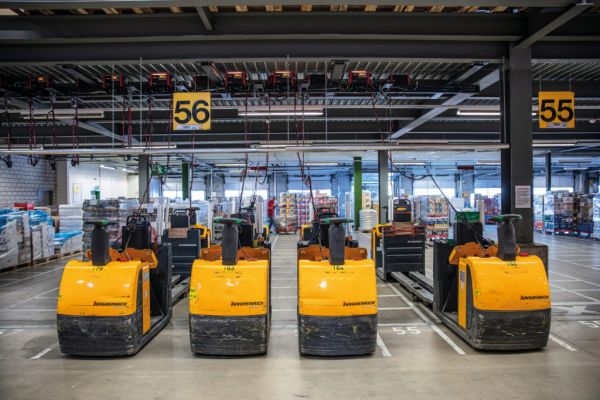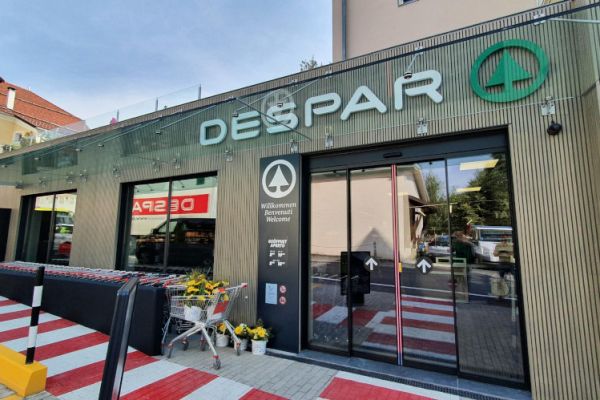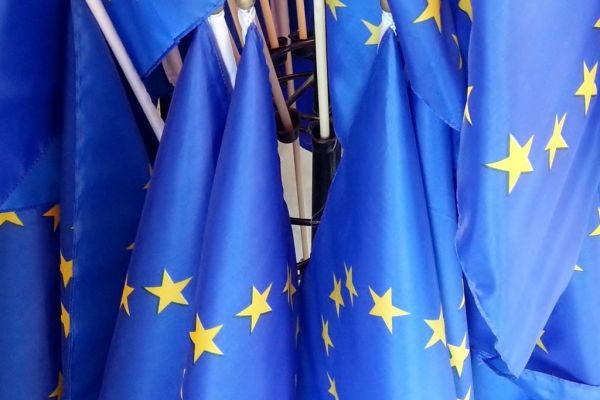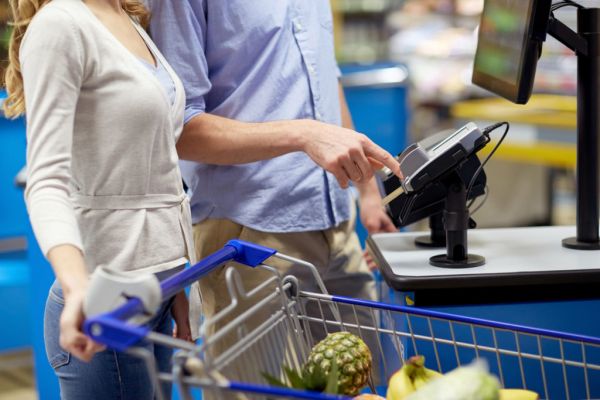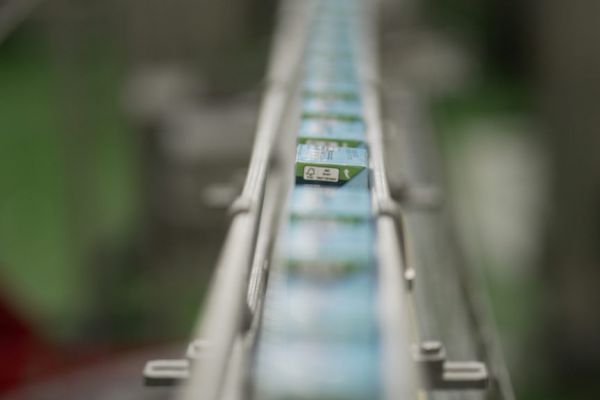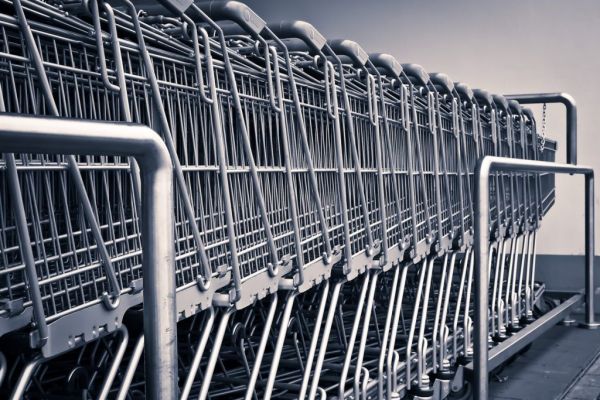Building on our report on the impact COVID-19 has had on the sustainability agenda, ESM caught up with a number of industry leaders seeking to drive positive change, including Tobias Wasmuht, Managing Director, Spar International.
As a food retailer present in more than 45 countries around the world, Spar is committed to adding value to the communities in which we operate. Sustainability is integral to both our retail and wholesale operations. As Spar continues to grow, so does our potential impact on the environment.
Across the globe, Spar partners are adopting energy-saving equipment in their logistics operations at store and DC level, ranging from innovative refrigeration and lighting solutions to solar-panel installations.
For example, Spar Switzerland recently reduced its environmental impact through the adoption of new battery-charging technology (pictured). In the central warehouse of SPAR Switzerland, around 100 electric forklift trucks are entrusted with ensuring that a range of around 8,800 different items can be delivered to stores throughout the country.
The new devices reduce energy consumption for charging forklift trucks by as much as 30%. Secondly, an extension of the service life of the batteries was increased by around one third – meaning that the expensive batteries had to be replaced less often.
Elsewhere, a prime example of sustainable, energy-efficient technology is the successful incorporation of solar plants at all six of Spar South Africa’s distribution centres.
In 2017, an extensive solar plant was constructed on the roof of Spar South Africa’s first and largest distribution centre, known as South Rand DC, located in the region of Johannesburg. A return on investment on the plant was achieved after the first year, prompting an extension of the solar project to more DCs across Spar’s network.
Beyond the strong sustainability incentives, the solar plants allow Spar South Africa to reduce its reliance on the power grid and its annual electricity costs. With an average payback period ranging between three and six years per DC, the solar panels are also a sound investment, from a long-term financial perspective.
These examples outline how, as a global retail business with a critical role to play in reducing the impact of CO2 emissions and energy consumption, Spar is adapting its operations while still providing our customers with the excellent service and quality they expect.
© 2020 European Supermarket Magazine – your source for the latest retail news. Article by Stephen Wynne-Jones. Click subscribe to sign up to ESM: The European Supermarket Magazine.
